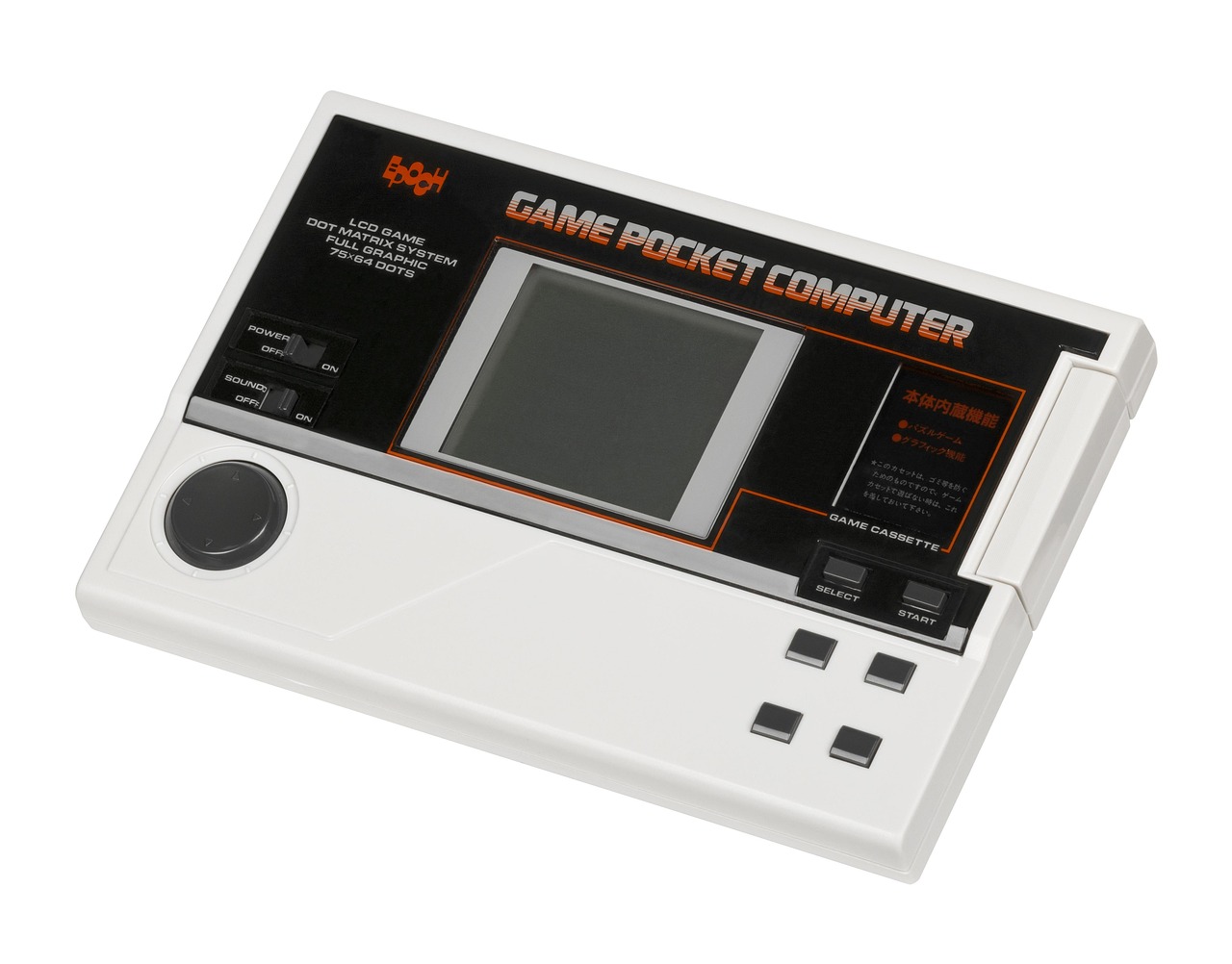Brain games, those engaging puzzles and mental exercises, aren’t just a fun pastime – they’re a powerful tool for cognitive enhancement. In a world demanding constant learning and adaptability, sharpening our mental acuity is more important than ever. This blog post delves into the fascinating world of brain games, exploring their benefits, different types, and how you can incorporate them into your daily routine to boost your brainpower.
The Cognitive Benefits of Brain Games
Brain games offer a multitude of advantages, extending beyond simple entertainment. They actively engage various cognitive functions, leading to noticeable improvements in mental performance.
Enhanced Memory and Recall
- Brain games that challenge memory, such as matching games or sequence recall tasks, can strengthen neural connections associated with memory formation and retrieval.
- Example: Try memorizing a list of 20 random words and then attempting to recall them in order. Repeat this exercise regularly, gradually increasing the number of words.
- Statistics: Studies have shown that consistent cognitive training can improve working memory capacity by up to 25%.
Improved Attention and Focus
- Games that require sustained attention, like hidden object puzzles or complex strategy games, help train the brain to filter out distractions and concentrate on the task at hand.
- Example: Practice mindfulness meditation for a few minutes each day. This can help you improve your focus and attention span in other areas of your life.
- Actionable Takeaway: Set specific time blocks for focused work or study, minimizing interruptions.
Boosted Problem-Solving Skills
- Logic puzzles, riddles, and strategy games stimulate critical thinking and analytical skills, fostering the ability to approach problems from different angles.
- Example: Solve a Sudoku puzzle or try a lateral thinking riddle each day.
- Tip: Don’t be afraid to experiment with different problem-solving techniques.
Increased Processing Speed
- Brain games that involve quick decision-making, such as reaction time tests or fast-paced puzzles, can enhance processing speed, allowing you to think and react more quickly in real-world situations.
- Example: Play a quick round of a speed-based word game.
- Benefit: Improved processing speed can lead to better performance in tasks that require quick thinking, such as driving or playing sports.
Types of Brain Games and Activities
The world of brain games is vast and diverse, offering options to suit every interest and skill level.
Classic Puzzle Games
- Sudoku: A number-placement puzzle that challenges logical reasoning and pattern recognition.
- Crossword Puzzles: Vocabulary-based puzzles that require knowledge of words, definitions, and synonyms.
- Jigsaw Puzzles: Visual puzzles that improve spatial reasoning and problem-solving skills.
- Benefits: These classic games are readily available and can be enjoyed by people of all ages.
Digital Brain Training Apps
- Lumosity: Offers a wide range of games designed to target specific cognitive skills.
- Elevate: Focuses on improving writing, speaking, and reading skills through engaging exercises.
- CogniFit: Provides personalized brain training programs based on cognitive assessments.
- Features: These apps often track your progress and provide insights into your cognitive strengths and weaknesses.
Card and Board Games
- Chess: A strategy game that enhances critical thinking, planning, and decision-making.
- Scrabble: A word game that improves vocabulary, spelling, and strategic thinking.
- Memory Match: A simple card game that improves memory and concentration.
- Social Aspect: Playing these games with others can also provide social interaction and enjoyment.
Other Engaging Activities
- Learning a New Language: Challenges your brain to learn new vocabulary, grammar, and pronunciation.
- Playing a Musical Instrument: Improves coordination, memory, and cognitive flexibility.
- Reading: Expands your knowledge, vocabulary, and critical thinking skills.
- Benefits: These activities offer a holistic approach to brain training, engaging multiple cognitive functions simultaneously.
Integrating Brain Games into Your Daily Routine
Consistency is key to reaping the full benefits of brain games. Integrating them into your daily routine can be easier than you think.
Set Aside Dedicated Time
- Schedule 15-30 minutes each day for brain games or cognitive exercises.
- Tip: Choose a time when you are most alert and focused.
Make it Fun and Engaging
- Select games that you genuinely enjoy to stay motivated.
- Tip: Vary the types of games you play to challenge different cognitive skills.
Track Your Progress
- Monitor your scores, completion times, or other metrics to track your improvement.
- Benefit: Seeing progress can be a great motivator to continue.
Use Waiting Time Productively
- Utilize waiting periods (e.g., commuting, waiting in line) to play brain games on your smartphone or tablet.
- Example: Download a Sudoku app or a quick brain-training game.
Brain Games for Different Age Groups
Brain games are beneficial for people of all ages, but the types of games and their focus may vary.
Children and Adolescents
- Focus on games that improve memory, attention, and problem-solving skills.
- Examples: Educational apps, puzzles, and board games.
- Benefits: Can enhance academic performance and cognitive development.
Adults
- Choose games that challenge cognitive functions and maintain mental sharpness.
- Examples: Strategy games, puzzles, and memory exercises.
- Benefits: Can improve cognitive performance, reduce stress, and enhance overall well-being.
Seniors
- Focus on games that improve memory, attention, and cognitive flexibility.
- Examples: Simple puzzles, memory games, and social activities.
- Benefits: Can help maintain cognitive function, prevent cognitive decline, and improve quality of life.
- Research: Studies suggest that regular cognitive stimulation can reduce the risk of developing dementia.
Conclusion
Brain games are a powerful and enjoyable way to enhance your cognitive abilities. By incorporating them into your daily routine, you can improve your memory, attention, problem-solving skills, and processing speed. Whether you prefer classic puzzles, digital brain training apps, or social games, there’s a brain game out there for everyone. Start today and unlock your brain’s full potential!



